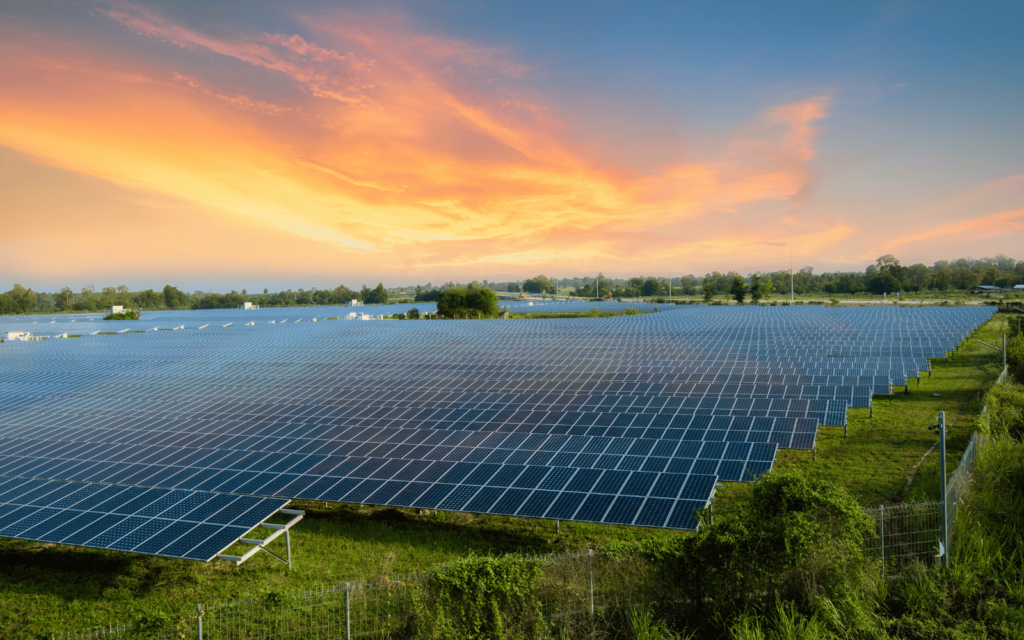Plans are underway for a R2.7 billion solar plant, the Nelson Mandela Bay Municipality has announced. The plant will take refuge in the Eastern Cape, with its primary goal being to pull the area out of the load shedding the country is currently experiencing.
Got the greenies?
The project, known as Parsons Power Park, will eventually add an additional 150MW of energy to the area’s grid. Phase one of the project begins construction in November this year, taking an estimated ten months to complete. The first phase is responsible for delivering 25MW of energy to the city. Once finished, phase two of the project can begin. The municipality failed to elaborate on what phase two of the project brings to the table.
The park’s purpose isn’t just to keep the lights on, according to the area’s executive mayor, Retief Odendaal. He claims that half of the area’s power goes to businesses, and the move away from Eskom’s grid is a way to better ensure job security for the city.
“We simply cannot rely on Eskom,” said the mayor.
It’s likely that the Parsons Power Park project won’t be the last for Nelson Mandela Bay. Odendaal said that there was plenty of interest surrounding private energy generation in the area, with the city exploring the option of purchasing an additional 100MW of energy from independent power suppliers.
Read More: 25% solar panel rebate announced at Budget 2023 won’t be for everyone
O’natural
Natura Energy, one of sixteen companies tasked with funding the Parsons Park project, said that the park is “aimed at the commercial and industrial market, [and] finds its rationale in the drive currently witnessed to open embedded generation in South Africa’s municipalities in good standing.”
“At approximately 500m from the site is the Rowallan Park Distribution Substation, the Parsons Power Park can supply power anywhere in the Nelson Mandela Bay Metropolitan area,” said the company.
The trend of South Africa’s provinces pulling themselves away from Eskom isn’t some new idea that the Eastern Cape cooked up. The Western Cape recently announced a R1.1 billion plan to further distance itself from the national grid. We’re certain that the Eastern Cape’s move will not be the last. Gauteng, when?
Source: BusinessTech




